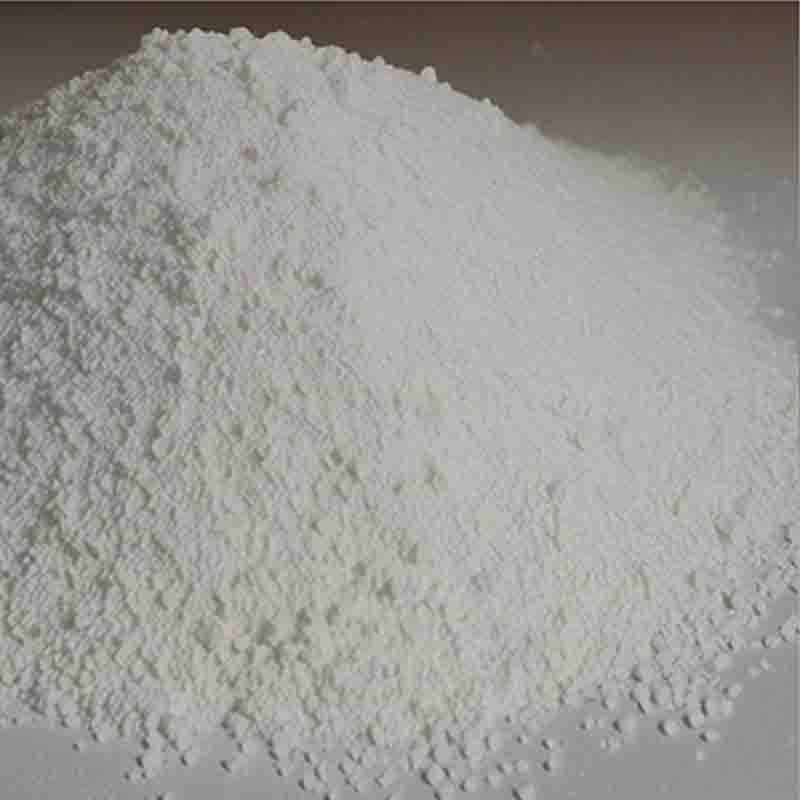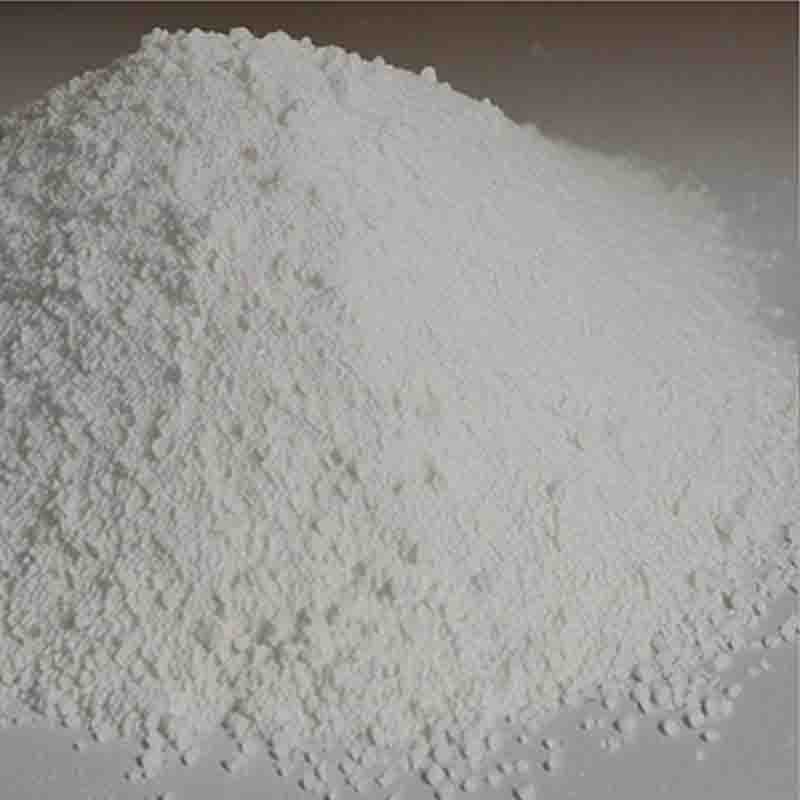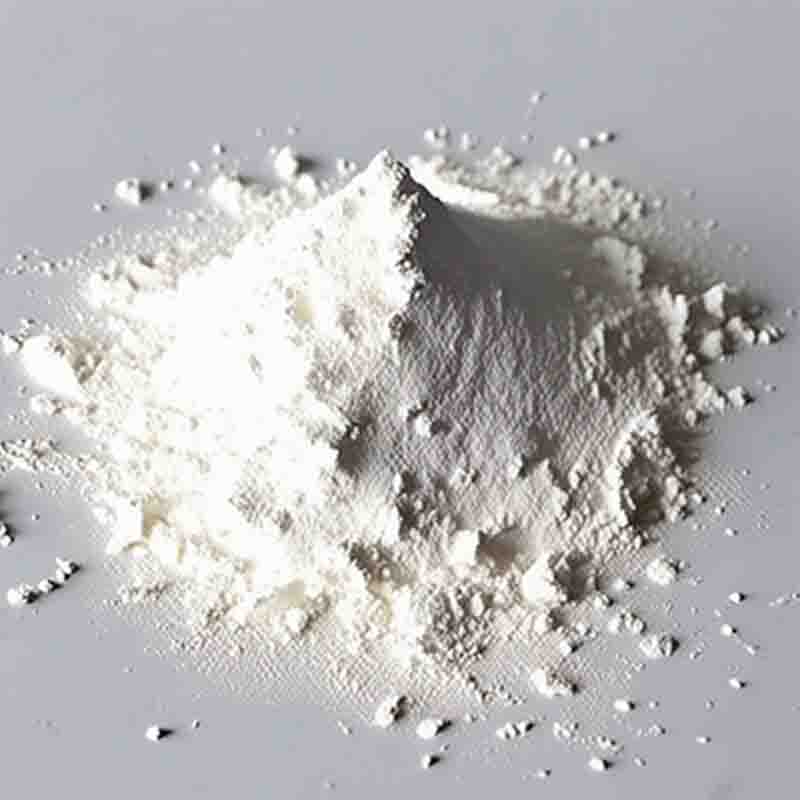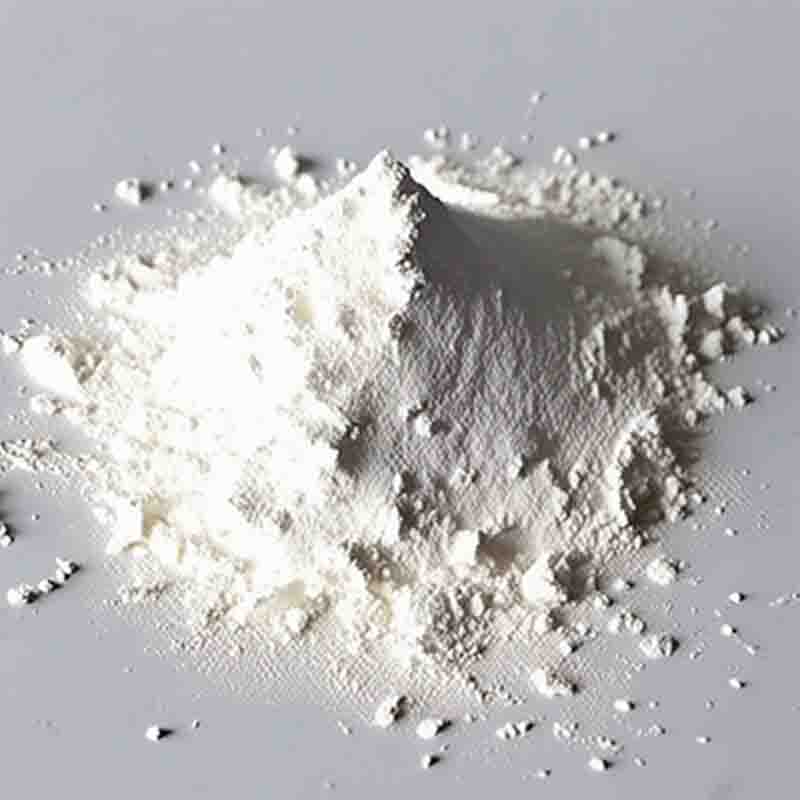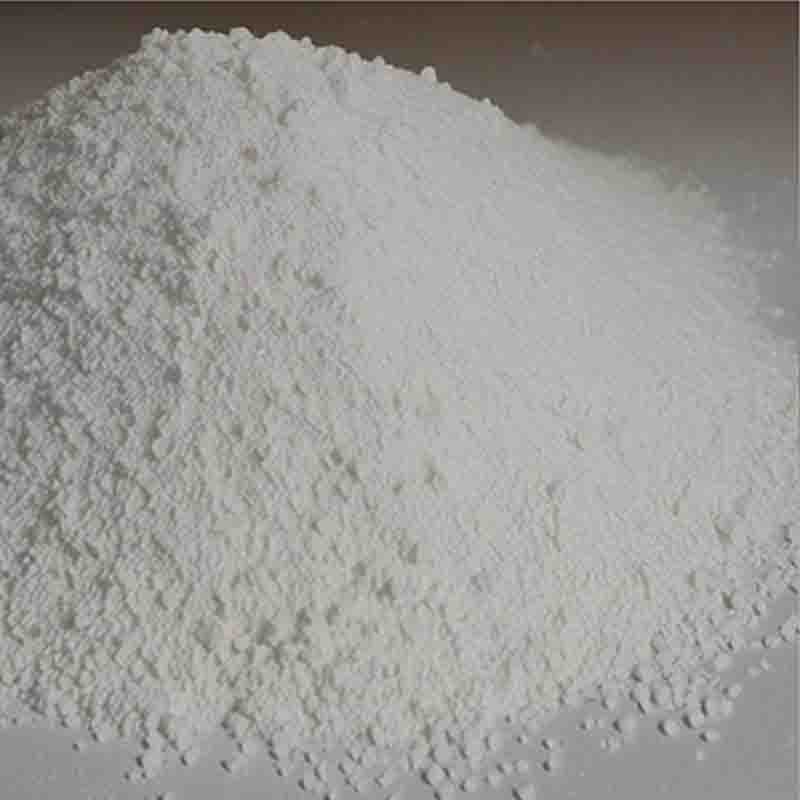4-BROMO-2,6,8-TRIMETHYLQUINOLINE CAS:1070879-60-5
| Catalog Number | XD95949 |
| Product Name | 4-BROMO-2,6,8-TRIMETHYLQUINOLINE |
| CAS | 1070879-60-5 |
| Molecular Formula | C12H12BrN |
| Molecular Weight | 250.13 |
| Storage Details | Ambient |
Product Specification
| Appearance | White powder |
| Assay | 99% min |
4-Bromo-2,6,8-trimethylquinoline is a chemical compound with a molecular weight of 250.13 g/mol. This compound has been studied for its potential biological and pharmacological effects, and it has shown promise in several areas.
One of the notable effects of 4-Bromo-2,6,8-trimethylquinoline is its potential as an antitumor agent. Research has indicated that this compound exhibits cytotoxic effects against various cancer cell lines, including leukemia, breast, and lung cancer cells. Its mechanism of action involves inducing apoptosis and inhibiting cell proliferation, which suggests potential applications in cancer therapy.
Additionally, 4-Bromo-2,6,8-trimethylquinoline has shown potential as an antimicrobial agent. Studies have demonstrated that this compound exhibits antibacterial activity against several strains of bacteria, including Staphylococcus aureus and Escherichia coli. This suggests that 4-Bromo-2,6,8-trimethylquinoline may have therapeutic applications in the treatment of bacterial infections.
Furthermore, 4-Bromo-2,6,8-trimethylquinoline has been investigated for its potential as an anti-inflammatory agent. Research has shown that this compound exhibits anti-inflammatory properties by modulating the production of pro-inflammatory mediators and inhibiting inflammatory signaling pathways. This suggests that 4-Bromo-2,6,8-trimethylquinoline may have therapeutic applications in conditions characterized by excessive inflammation, such as arthritis, inflammatory bowel disease, and other inflammatory disorders.
Moreover, 4-Bromo-2,6,8-trimethylquinoline has been studied for its potential as an antioxidant agent. Research has indicated that this compound exhibits significant antioxidant activity, protecting cells and tissues from oxidative damage caused by reactive oxygen species. Its mechanism of action involves scavenging free radicals and modulating oxidative stress, which suggests potential applications in preventing oxidative stress-related diseases and aging-related conditions.
Overall, the biological effects of 4-Bromo-2,6,8-trimethylquinoline make it a promising candidate for further research and development in the fields of antitumor, antimicrobial, anti-inflammatory, and antioxidant therapies. Its diverse pharmacological properties highlight its potential for the discovery of novel drug candidates with therapeutic applications in various disease conditions.


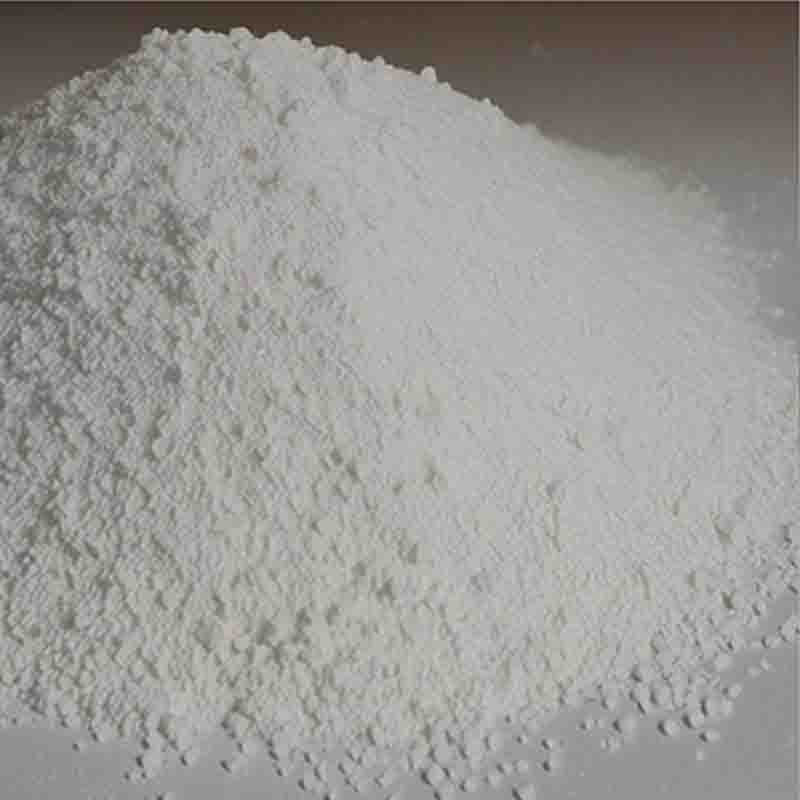

![4-[6-[(6-Bromo-8-cyclopentyl-7,8-dihydro-5-methyl-7-oxopyrido[2,3-d]pyrimidin-2-yl)amino]-3-pyridinyl]-1-piperazinecarboxylic acid 1,1-dimethylethyl ester CAS: 571188-82-4](https://cdn.globalso.com/xdbiochems/白色粉末2286.jpg)
